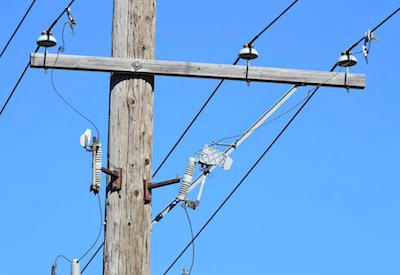CaGBC Contributes Submission for Federal Pre-Budget Consultation

September 24, 2020
Following an unprecedented global health crisis, Canada is preparing for an economic recovery. Like the 2008 recession, the country is expected to turn to its economic pillars, including construction and infrastructure projects, to reignite the economy and create urgently needed jobs.
However, this remains the critical decade for climate action. Decisions governments make today must help Canada achieve its climate goals. The economic recovery could be the tipping point needed to transition toward a sustainable and low-carbon economy.
As Canada transitions to a low-carbon future, construction will be at the forefront. It represents over seven per cent of Canada’s GDP and almost 30 per cent of Canada’s greenhouse gas (GHG) emissions when building operations, construction, and materials are included.
The construction and infrastructure sector can play an important role in Canada’s economic recovery, by stimulating the economy and getting people back to work. At the same time, it can reduce emissions, improve Canadians’ health, and drive innovation in the building sector.
Should the Government of Canada invest in a recovery strategy targeting green building and adopting progressive policies, we can expect that by 2030:
- – The building industry’s contribution to climate targets will have been met with an annual reduction in 2030 of 53 Mt CO2e;
- – The green building sector will contribute $149.9 Billion in direct annual GDP; and
- – There will be 1,470,032 direct jobs in green building in Canada.
CaGBC offers three recommendations for the Government of Canada to consider as it begins the budget process:
1. The government should support workforce development by:
- – Allocating $500 million or $1,000/employee to access existing low-carbon training programs; and
- – Investing $1 billion for workforce development and training to build green building skills in Canada’s low-carbon economy.
2. The government should stimulate building retrofit projects by:
- – Allocating $50 million through zero per cent financing of energy audits;
- – Allocating $10 billion through the CIB towards a first-loss loan reserve;
- – Requiring a standardized approach to developing and evaluating energy efficiency projects;
- – Supporting the amalgamation of retrofit project investments into non-investment grade green bonds; and
- – Leveraging government procurement power to retrofit government-owned buildings.
3. The government should stimulate zero-carbon construction by:
- – Requiring all federally-funded, owned or leased building projects to move towards zero-carbon performance;
- – Leveraging the procurement process to require that eligible firms demonstrate low-carbon development, design, and construction experience; and,
- – Granting up to 10 per cent of the development costs for public and private sector buildings to build to low-carbon performance.

















